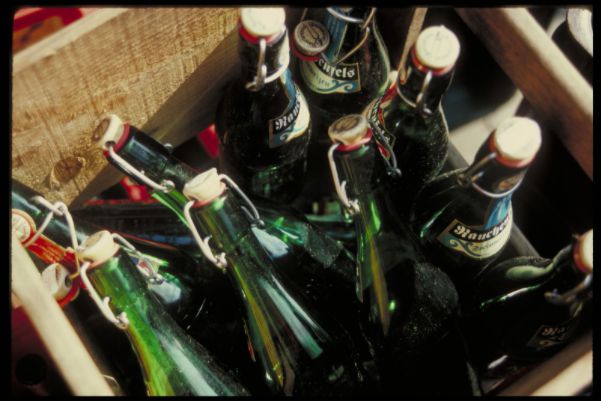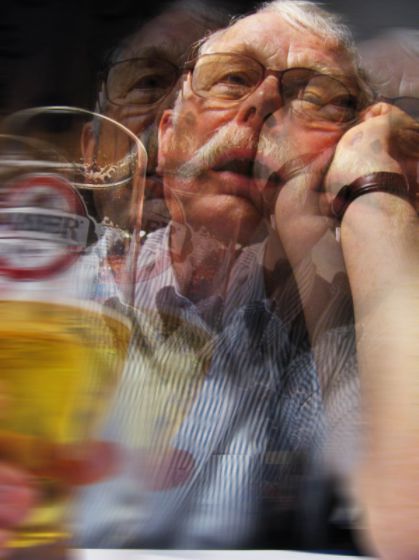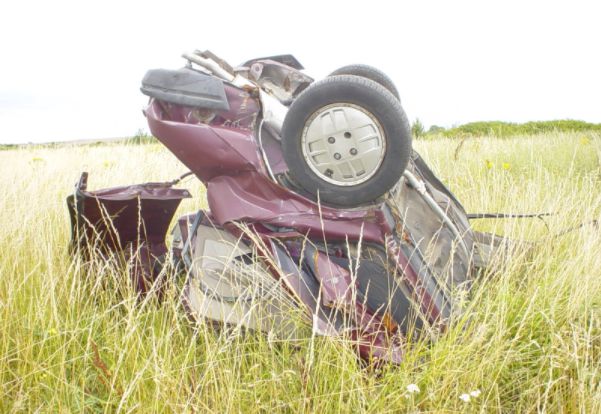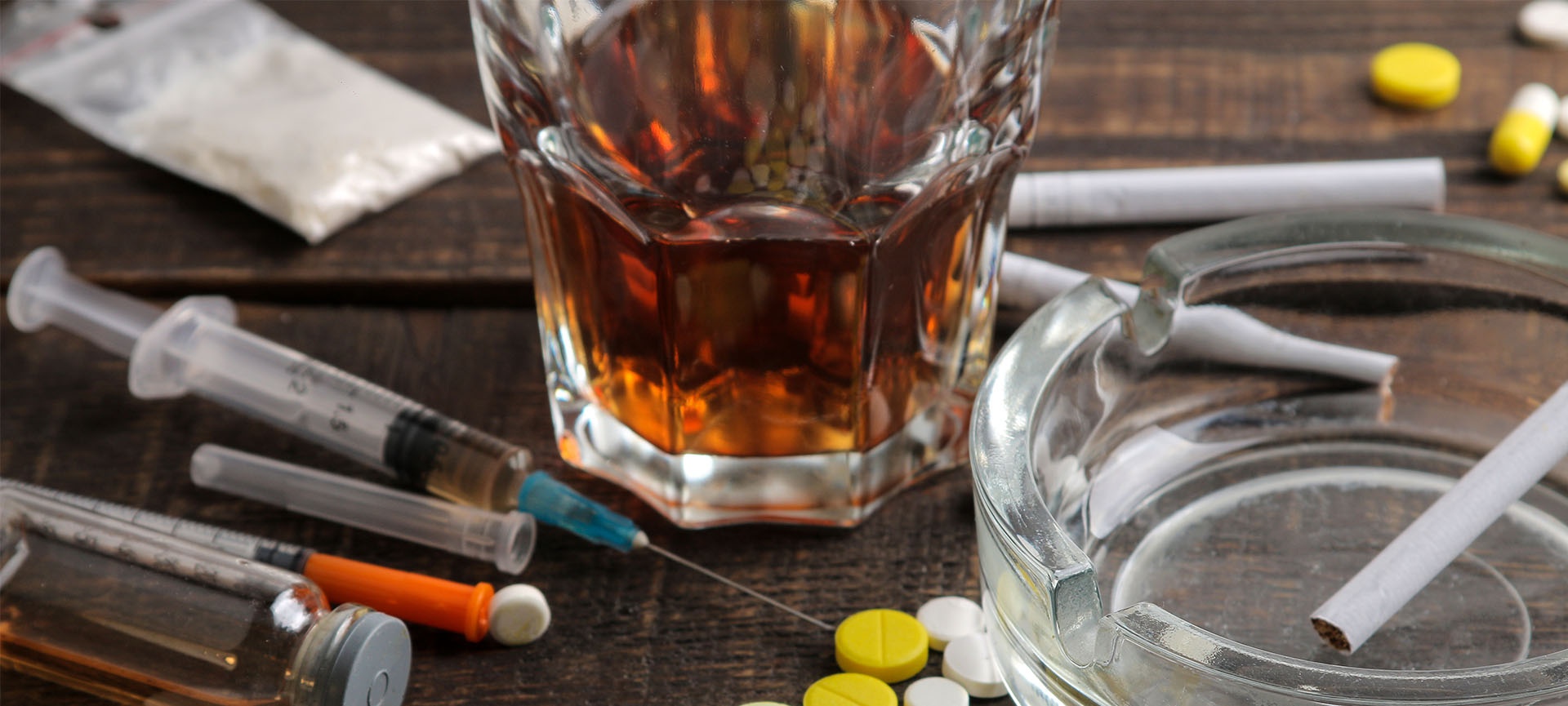
Warning Signs Of Drug Abuse And Addiction In Adults
According to the World Health Organization, around 31 million people worldwide suffer from substance use disorders. Sadly, because it is so easy to miss the signs of drug abuse and addiction in adults, many of these people do not get help soon enough. Alcohol alone is, directly and indirectly, responsible for over three million deaths a year worldwide. More than half of those who die from overdoses are younger than 50.
One of the things friends and family members fear the most is that their addicted loved one will become “part of a statistic”. By understanding the effects of drug abuse, and by recognizing the red flags of addiction, tragedy can be avoided.
What Is Substance Abuse?
In order to understand the signs of addiction, it is important to first know what substance abuse is. In general terms, substance abuse is a pattern of behaviour in which someone uses any substance in a manner that is harmful. The substances included in this definition range from tobacco and prescription drugs to hallucinogens such as LSD. Even everyday substances like paint thinner and cleaning solutions can be subjected to substance abuse.
The 5th edition of the Diagnostic & Statistical Manual of Mental Disorders (DSM-V) lays out 11 criteria for substance use disorder. The more criteria that are present, the more severe the substance abuse is.
- You take the substance in higher quantities, or for longer than intended
- You have tried unsuccessfully to stop using the substance
- You spend a lot of time obtaining or using the substance, or recovering from use
- You experience cravings to use the substance
- You renege on work, home or school commitments because of your substance use
- You continue to use the substance in spite of it causing conflicts with loved ones
- You lose interest in activities that were previously important to you
- You continue to use the substance in spite of the potential dangers
- You continue to use the substance in spite of negative effects on your physical or mental health
- You need to use higher doses of the substance in order to achieve the desired effects
- You experience withdrawal symptoms after not using the substance for a while
How Can I Tell If I Have A Substance Use Disorder?
The signs of drug abuse and addiction in adults can be easy to miss, especially early on. If you are using any substance, such as alcohol or prescription drugs, you should familiarize yourself with the signs and effects of drug abuse.
Addiction Affects Everyone Differently
It is important to remember this. We are not robots, we are human beings. Each of us comes with our own genetic makeup, circumstances, pre-existing conditions, needs, and challenges. What this means is that substance abuse can look and feel different depending on a wide range of factors, including:
- Age, weight and biological sex
- Physical and mental health conditions
- Family history
- Personal history, including abuse or trauma
- How long the addiction has been going on
- What substances are involved
- How often substances are used, and in what doses
- The presence or absence of a support network
- Prior history of substance abuse disorders
While it is important to bear these differences in mind, there are some common signs of drug abuse that you can look out for.
Related article: Signs Of Alcohol Abuse, Dependence And Addiction
What Physical Signs Of Drug Abuse Should I Look Out For?
The physical symptoms depend not only on the substance but on how it is ingested and how frequently it is used. Physical effects of drug abuse can be apparent after the first use, or they can build up over time.
Common physical effects include:
- A marked increase or decrease in appetite
- Weight gain or weight loss that cannot be attributed to other causes
- Sleep disturbances, such as insomnia and night sweats
- Collapsed veins and track marks on the body resulting from intravenous use
- Sores and blisters around the nose and mouth from snorting substances
- Respiratory complaints resulting from smoking substances
- Digestive complaints, such as nausea, vomiting diarrhea and abdominal cramps
- Trembling or shaking
What Are The Psychological Signs Of Drug Abuse?
The biggest factors affecting the psychological effects of addiction include the substance, whether the addicted individual has a history of trauma or abuse, and whether there are coexisting mental illnesses.
The psychological signs of addiction include the following. These also mean you need professional addiction rehab:
- You are unable to stop or reduce substance use in spite of having attempted to do so
- You are aware that substance use is affecting your physical or mental health, but you continue to use anyway
- Your initial response to a stressful situation, such as an argument or a bad day at work, is to take drugs in order to cope
- You feel uneasy or anxious when you do not have access to the substance
- You experience mood swings
- Symptoms of existing mental illnesses, such as depression and anxiety, are exacerbated
- You feel agitated and irritable, and you cannot avoid lashing out at the people around you
How Can Substance Abuse Change My Behaviour?
When you are addicted to drugs or alcohol, behavioural changes are inevitable. The substance itself can cause you to behave in ways that you ordinarily wouldn’t, and you alter your behaviour to support the addiction.
Some behaviour changes that are signs of drug addiction include the following:
- You engage in high-risk behaviour during or after substance use, such as driving a vehicle or stealing
- You start to forego activities and interests that used to be important to you because you would rather use drugs or alcohol
- You continue your substance use in spite of loved ones asking you to stop
- In the case of alcohol, you purchase from several stores in rotation to avoid arousing the suspicion of any one of them
- In the case of prescription drugs, you take more than the prescribed dose, or you use the medication for non-medical purposes
- You visit multiple doctors hoping to score additional prescriptions
- You decline social invitations if you find out that alcohol will not be served
- You hide your substance use from other people
- You start spending large amounts of time alone
- You call in sick to work in order to use the substance
What Should I Do If I Show Warning Signs Of Substance Abuse?
There is a common misconception that people with addictions have to hit rock bottom before they can get help. This line of thinking can be dangerous: for some people, rock bottom means death. And when the addiction involves certain substances, any delay in seeking help can result in permanent damage to the brain and central nervous system.
If you are showing signs that you need professional addiction treatment services, you should make those arrangements right away. Inpatient addiction treatment is not only for those with late-stage addictions. By getting help early, you can avoid some of the long-term damage and dangerous withdrawal symptoms that can accompany an established addiction.
At 1000 Islands Addiction Rehab & Treatment Centre, we believe that it is never too soon or too late for people with addictions to get the help they need. When you come to our facility, we will conduct a thorough assessment of your challenges, goals, and needs. Based on that, we will develop an addiction treatment program that is customized for you.
Using a variety of treatment modalities ranging from traditional talk therapy to mindfulness coaching and life skills training, we will guide you through the process of overcoming your addiction and reclaiming your life.
The effects of drug abuse can extend to all areas of your life, including your family, your job, and your health. But if you call us today, you can instead enjoy a positive, productive life that is free from addiction. Call us at 855-601-0555 to get started or to find out more.
Related article: Common Signs of Cocaine Abuse






